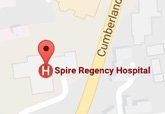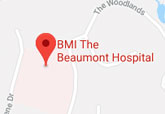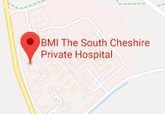Failed Back Surgery Syndrome
Symptoms
Common symptoms associated with failed back surgery syndrome include diffuse, dull and aching pain involving the back and/or legs (or the neck and/or arms). Patients may also complain of sharp, pricking, burning or stabbing pain in the extremities.
Description
Failed back surgery syndrome (FBSS) refers to chronic back or neck pain, with or without extremity, pain that can occur if spine surgery does not achieve the desired result. Contributing factors include recurrent disc herniation, compressed nerves, altered joint mobility, scar tissue, muscle deconditioning and degeneration of facet or sacroiliac joints.
Treatments for Failed Back Surgery Syndrome
Treatments for failed back surgery syndrome may include physical therapy, nerve blocks, medications, injections or chronic pain management program. If the pain is possibly coming from the facet or sacroiliac joints, chiropractic care may be used. Correctable structural problems are sought and, if identified, surgery may be performed to address these issues. This may include facet joint or sacroiliac joint rhizotomy. Sometimes no correctable cause of the patient’s symptoms is identified. In these cases, spinal cord stimulation (SCS) or narcotic pumps may be used for pain control.




